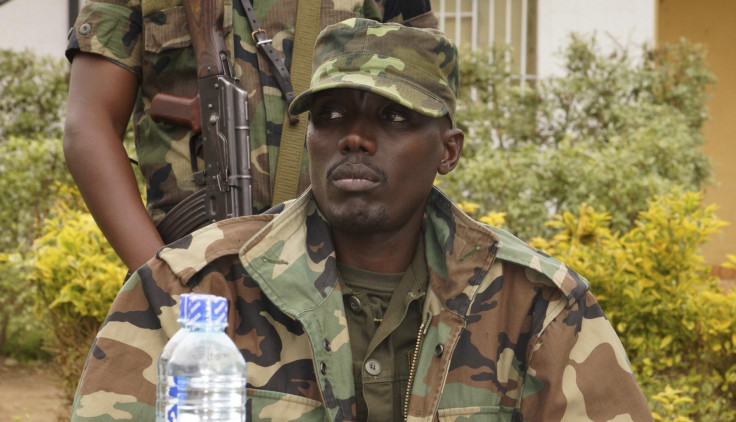22 dead in clashes between army and M23 rebels in DRC since January says official
Group was accused of being responsible for a series of murders, rapes and forced recruitment of children.

Twenty fighters from the M23 armed group and two soldiers from the Congolese army have been killed in clashes since the "revival" of the rebels at the end of January in the eastern region of the Democratic Republic of Congo (DRC).
For weeks now, skirmishes between the Congolese army (FARDC) and M23 fighters have highlighted fears of a potential revival of the rebel group, which was defeated in 2013 in the lush hills along the border with Uganda and Rwanda.
"The number of victims resulting from the confrontations is 20 dead on the enemy side [M23], 25 captured and surrendered, two FARDC soldiers killed and six wounded in the ranks of the army," Leon Mushale, head of military operations in North Kivu province, said during a press conference.
The clashes occurred in the DRC's eastern region, on and near the border with Uganda, on 31 January and on 20 to 22 February this year, according to the army.
"We have fought the M23 on three fronts they imposed on us in Matebe, on the hill of Songa and in Kitagoma, a locality near the Ugandan border," Mushale told press, adding that the rebels fled "some to Uganda, others to Rwanda".
It remains unclear whether these fighters were part of a large group which, in January, had fled the disarmament camps where they had been confined since their 2013 defeat.
Last week, Monusco, the United Nations peacekeeping mission to DRC, confirmed it had "launched aerial surveillance against a probable presence of elements of the former M23". In a tweet, the mission added: "Monusco is working with its military partners to identify places where armed groups may be hiding."
Previously operating as the biggest of a dozen armed groups in the country, M23, a mostly Tutsi-led rebel group, brought havoc to eastern DRC between April 2012 and November 2013 as it fought to control of swathes of land in the African nation's mining heartland.
The group, which has been accused of being responsible for a series of murders, rapes and forced recruitment of children, was defeated in eastern DRC in late 2013, after a 20-month campaign led by the Congolese army and backed by thousands of UN fighters.
© Copyright IBTimes 2025. All rights reserved.






















